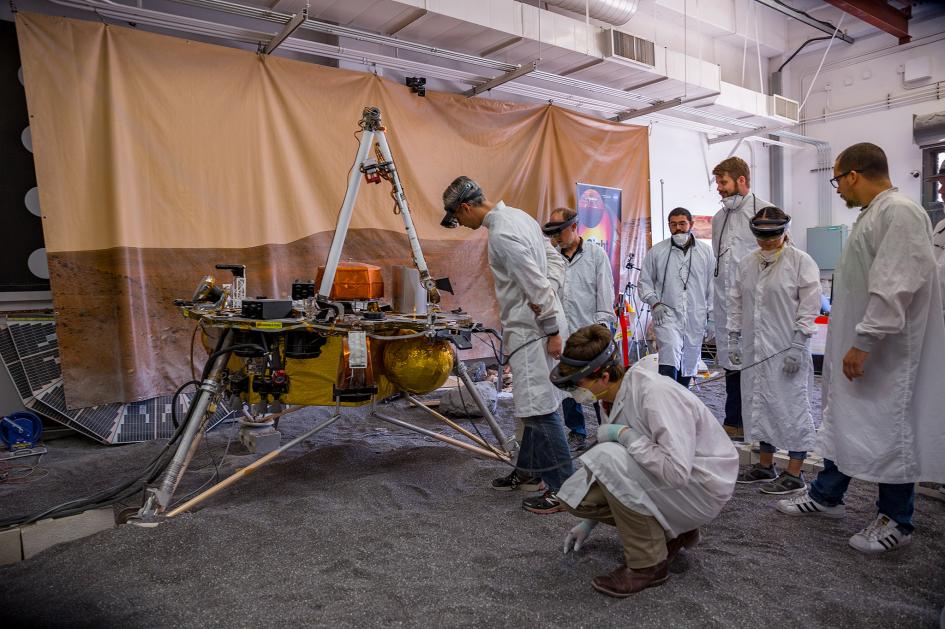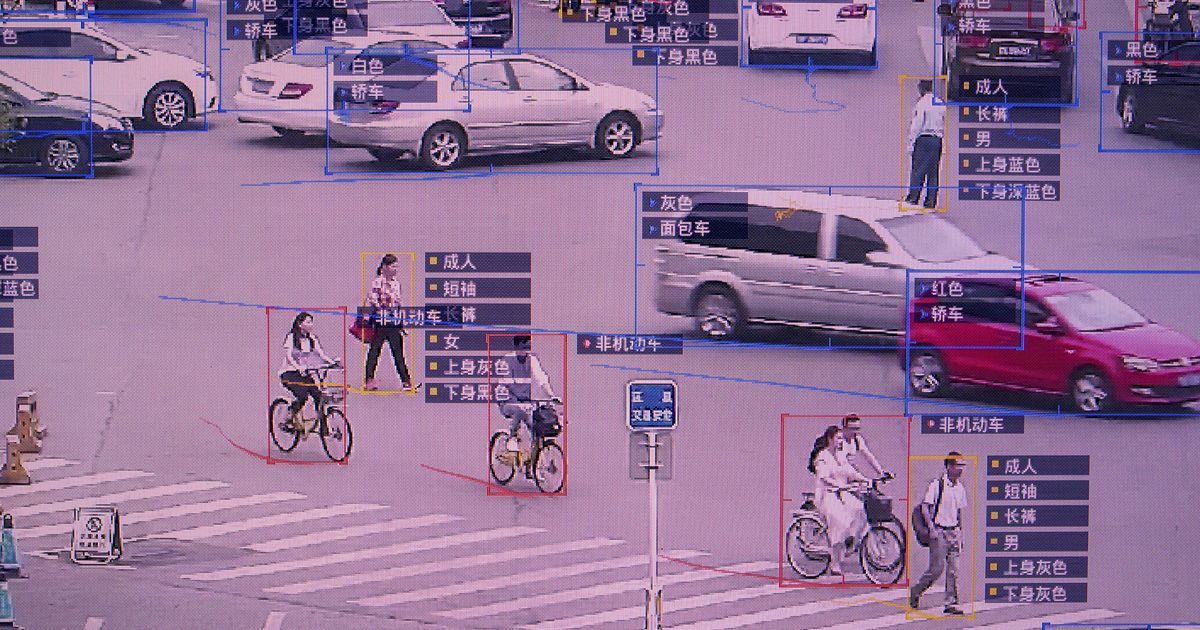A startup called HyperSurfaces wants to completely change how you interact with the physical world — and based on some recently released demo videos, it might just meet that lofty goal.
The London-based startup recently unveiled a new technology that can transform any object into a user interface. Essentially, this tech lets you communicate with a computing system using virtually anything you like as a conduit — a glass wall, a car door, even a metal clothes rack — and it has the potential to end our reliance on keyboards, buttons, and touch screens forever.





